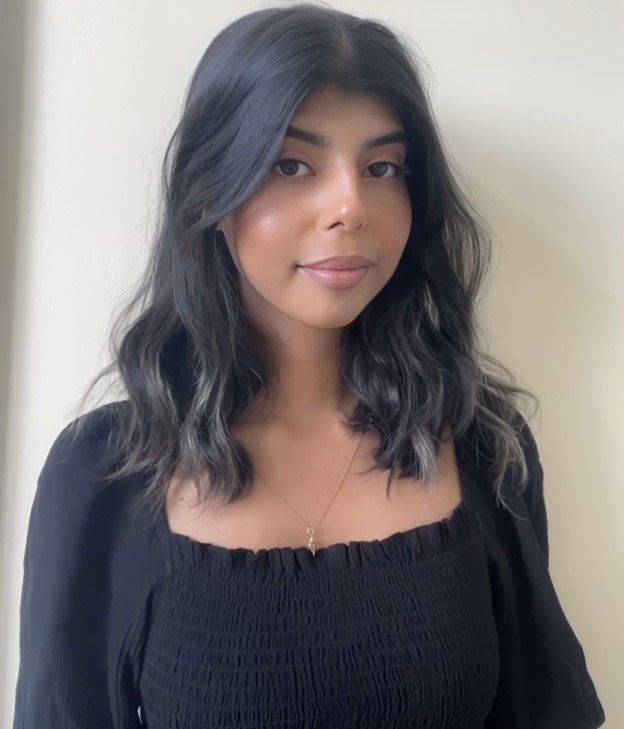Interview with Luigi Sposato
- May 24, 2023
- 2 min read

Khayrun Gure: What authors did you dislike but grew into?
Luigi Sposato: One of the authors I didn’t appreciate at first was James Dickie. Just getting into poetry and being handed his collection made me feel like a lot of it went over my head. Upon reading and rereading it, and also pressuring myself to try and understand it, I realized that not all poetry will be understood. I couldn’t relate to his work because it was about his life experience. I needed to find a new way to understand his poetry and it made me a better reader and a better poet. I came to love reading Dickie just because of how much of a challenge it was.
KG: Where did your idea come from? What was your inspiration while writing your poetry collection?
LS: I think the idea for my collection came from writing everything but poetry in the program, up until year 3 and like halfway through. I felt that it was about time to focus on poetry, and the only way I was going to get better is by writing it. I learned later on that you need to read it too, which was a great revelation and something I cherished doing. Writing this collection and titling it Metamorphosis showcases my development as a writer because of how difficult it was for me to go beyond being just a confessional poet. I think the idea came from me trying to test myself to become a better poet by doing observational and imaginative poetry, and that’s what this poetry collection is.
KG: Why did you think it was important to write in the genre you chose?
LS: I think it was important because I was always one type of poet and I think a lot of the poetry that I was used to reading was confessional. In my experience, it should be something that is written for me, and this is what I thought would help me progress as a writer. Writing different types of poetry that I wasn’t used to would help improve my creative writing in general.
KG: What’s your favourite underappreciated novel?
LS: John Thompson was the first poet I read that wasn’t confessional. It kind of opened my eyes; it was a startling comparison to the modern poetry we read now and everything that just lies on bookshelves in bookstores. For me, it was how economical he was with words. I wouldn’t necessarily say he was underappreciated, but he’s a poet that I haven’t seen much of at larger bookstores.



